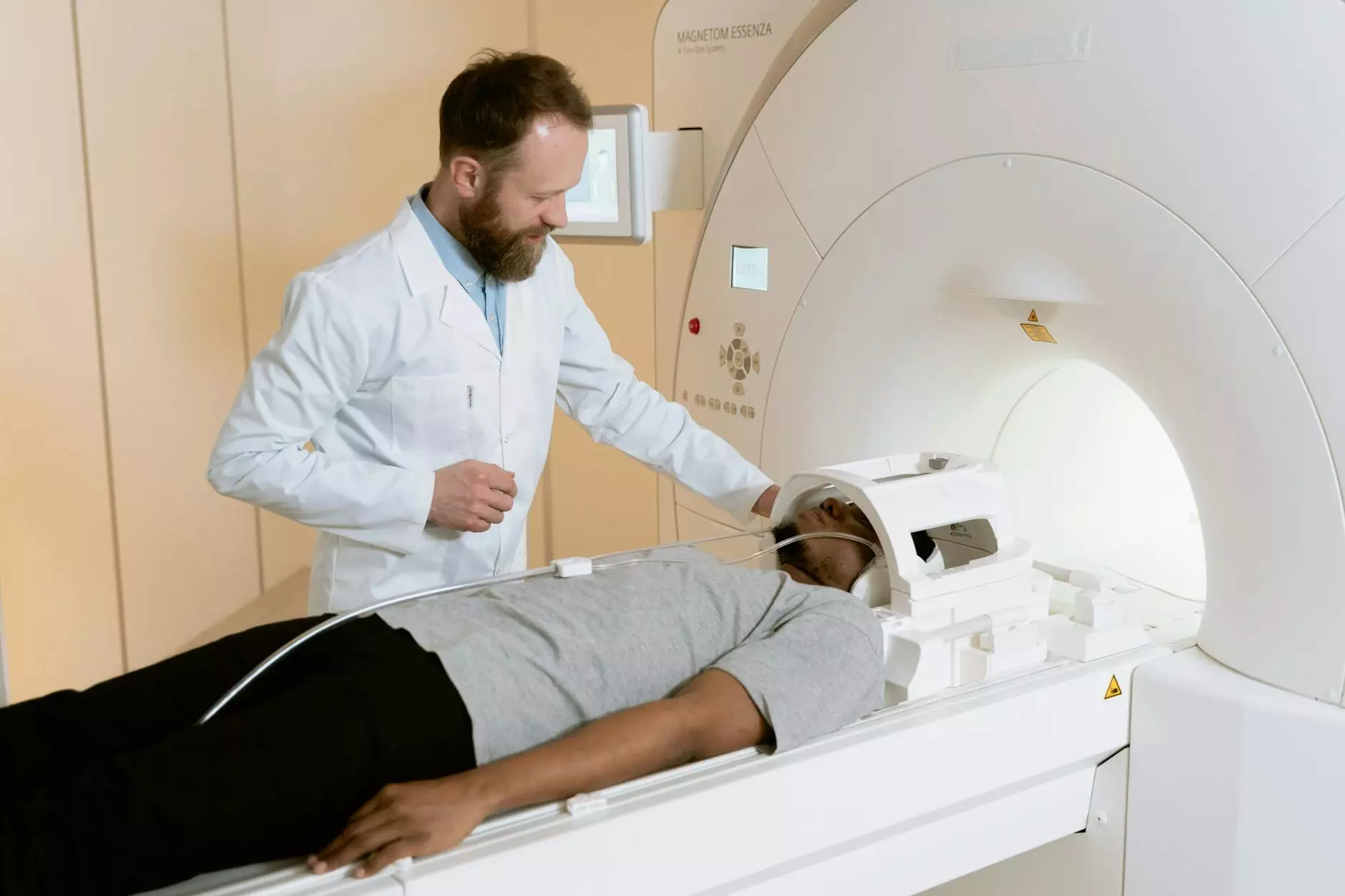Understanding the Role of MRI Service Engineers in Modern Healthcare

In the rapidly evolving field of healthcare, the demand for highly specialized roles continues to grow. Among these critical professions is the MRI service engineer, who plays an indispensable part in ensuring the functionality and reliability of MRI machines. These engineers are not only technical experts but are also integral to delivering accurate diagnostic services, vital for effective patient care.
The Importance of MRI Technology in Healthcare
Magnetic Resonance Imaging (MRI) has revolutionized diagnostics in the medical field, allowing for non-invasive examination of internal tissues and organs with extraordinary detail. MRI scans are pivotal in diagnosing a wide range of conditions, including:
- Neurological disorders (e.g., tumors, stroke)
- Musculoskeletal injuries (e.g., ligament tears, arthritis)
- Cardiovascular diseases
- Abdominal and pelvic conditions
The effectiveness of MRI technology hinges on the precision and reliability of imaging systems. This is where MRI service engineers come into play, ensuring that these advanced imaging machines operate at optimal levels.
What Does an MRI Service Engineer Do?
The role of an MRI service engineer encompasses a variety of responsibilities aimed at maintaining the performance of MRI equipment. Here are some key duties:
- Installation of MRI Systems: After a new MRI machine is purchased, the service engineer is responsible for its installation, ensuring all components are set up correctly and safely.
- Routine Maintenance: Scheduled maintenance is crucial for avoiding technical issues. Engineers perform regular checks and replacements of parts to ensure the system runs smoothly.
- Calibration: MRI machines require calibration to provide accurate imaging results. Engineers must adjust and fine-tune the machines regularly.
- Repair and Troubleshooting: When MRI systems experience malfunctions, engineers diagnose the problem and perform necessary repairs promptly to minimize downtime.
- Training Healthcare Staff: Service engineers often train radiologists and technicians on how to effectively use MRI machines and interpret error messages or signs of malfunction.
- Compliance and Safety Checks: They ensure that the MRI systems adhere to national and international safety standards, mitigating risks to patients and healthcare personnel.
The Skills Required to Become a Successful MRI Service Engineer
To excel in the role of an MRI service engineer, individuals must possess a mix of technical and soft skills that enable them to perform complex tasks effectively. These skills include:
- Technical Proficiency: A deep understanding of MRI technology, electronics, and machinery is fundamental.
- Analytical Thinking: Engineers must be able to assess situations, troubleshoot problems, and devise solutions quickly and effectively.
- Communication Skills: Engineers must communicate effectively with healthcare professionals, ensuring they understand the technical aspects of the equipment.
- Attention to Detail: Precision is vital in technology maintenance; engineers must be detail-oriented to prevent errors during calibrations and repairs.
- Continuous Learning: The medical technology field is always advancing, necessitating ongoing education and training.
The Impact of MRI Service Engineers on Diagnostic Services
The expertise of an MRI service engineer directly influences the quality of services offered in healthcare settings. Their contributions ensure that:
- Machine Availability: Regular maintenance and quick repairs keep MRI machines functional, ensuring that patients have timely access to needed diagnostic testing.
- Quality Imaging: With properly calibrated and maintained machines, the imaging produced is of higher quality, leading to more accurate diagnoses.
- Patient Safety: Engineers reduce the risk of accidents and errors associated with malfunctioning equipment, which enhances the overall safety of the MRI procedure.
- Operational Efficiency: By minimizing downtime and maximizing machine efficiency, healthcare facilities can improve their workflow and patient care capacity.
The Future of MRI Service Engineering
As healthcare technology continues to advance, the role of the MRI service engineer will also evolve. Integrating artificial intelligence and machine learning into MRI systems is a growing trend. These innovations promise to enhance imaging capabilities and efficiency dramatically. Engineers will need to adapt to these changes, acquiring new skills to maintain cutting-edge technology.
Moreover, as telemedicine and remote diagnostics become more prevalent, the reliance on MRI machines is likely to increase, further emphasizing the importance of skilled MRI service engineers in the healthcare landscape.
Conclusion: The Unsung Heroes of Diagnostic Services
In summary, the role of an MRI service engineer is critical to the fabric of the healthcare system. They are the unsung heroes who ensure that physicians can rely on the advanced imaging capabilities that MRIs provide. The contributions of these professionals not only ensure the operational efficiency of medical centers but also significantly impact patient outcomes. As the healthcare industry continues to innovate, the demand for skilled MRI service engineers will undoubtedly remain strong, making it a vital profession for the future.
Get in Touch for Professional MRI Service Engineering
If you are looking for expert services in maintaining and supporting MRI technology, look no further than Echo Magnet Services. Our dedicated team of MRI service engineers is committed to providing top-of-the-line service to ensure optimal functionality of your imaging systems, allowing you to focus on what matters most — your patients. Reach out to us at echomagnetservices.com today!









